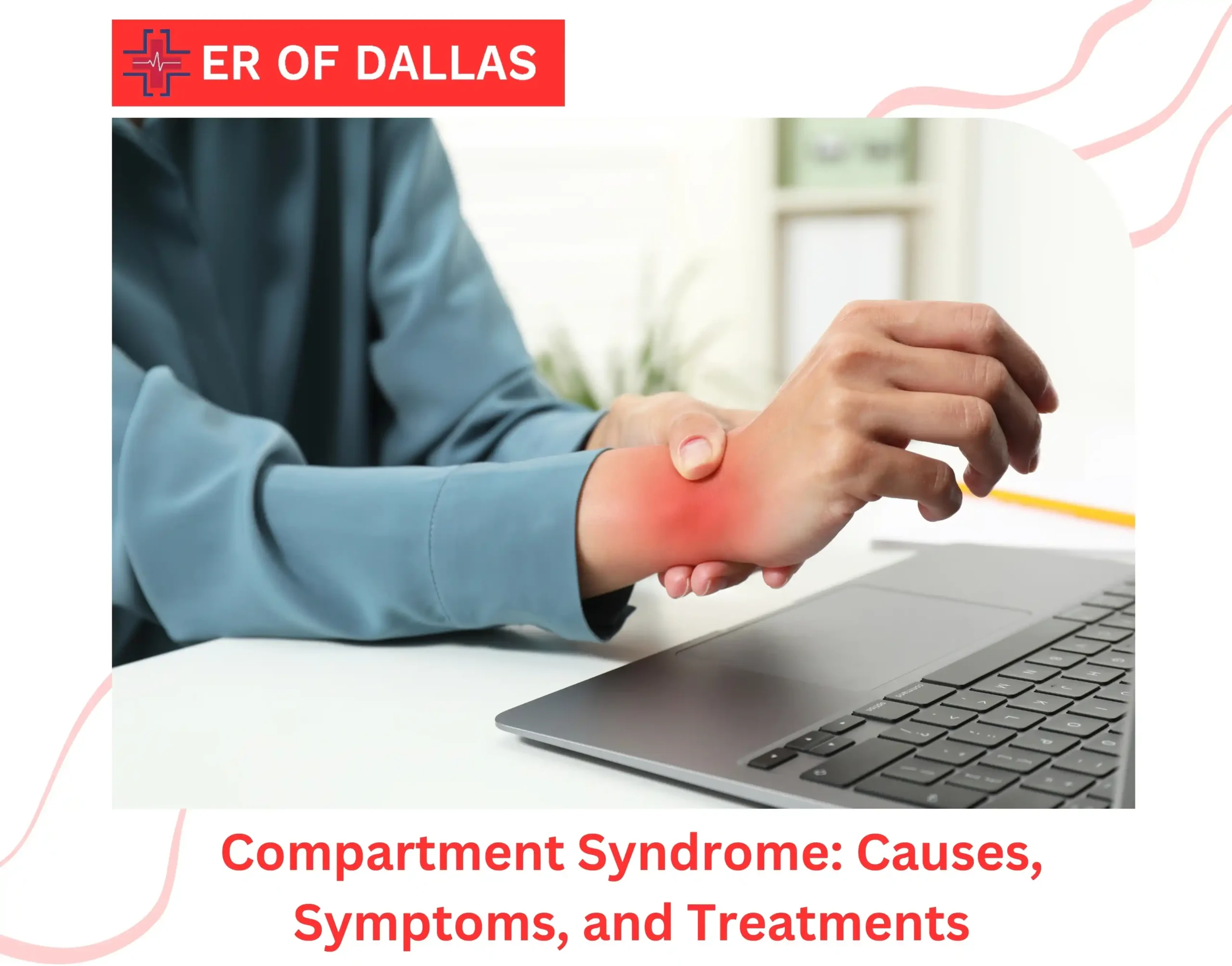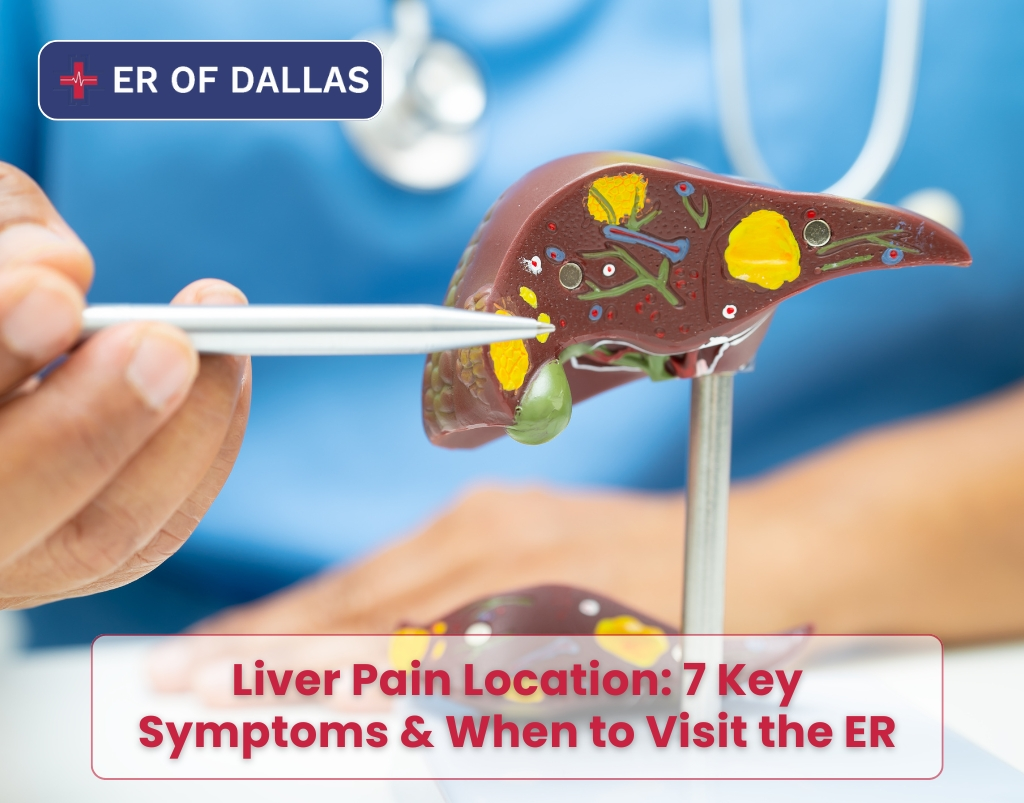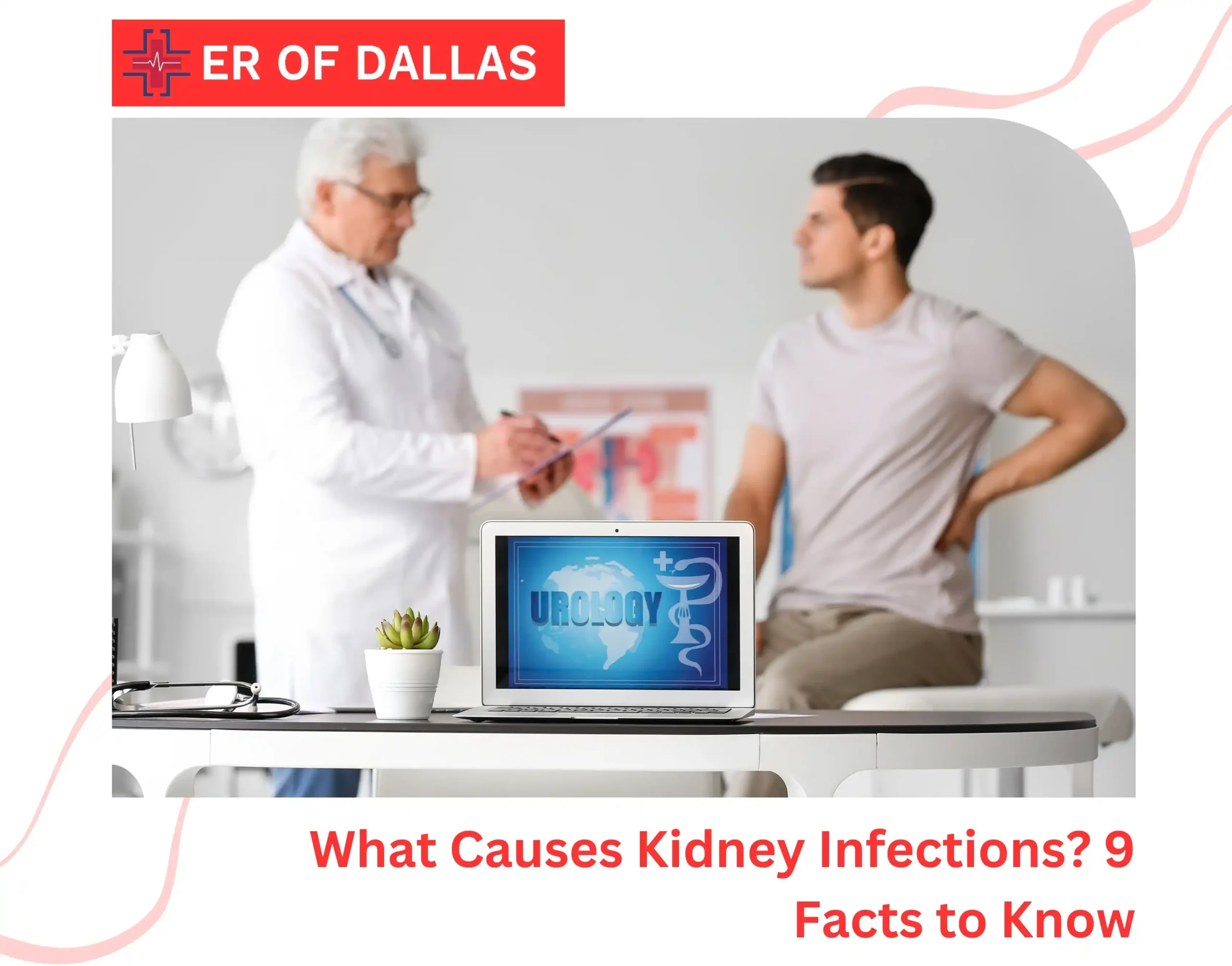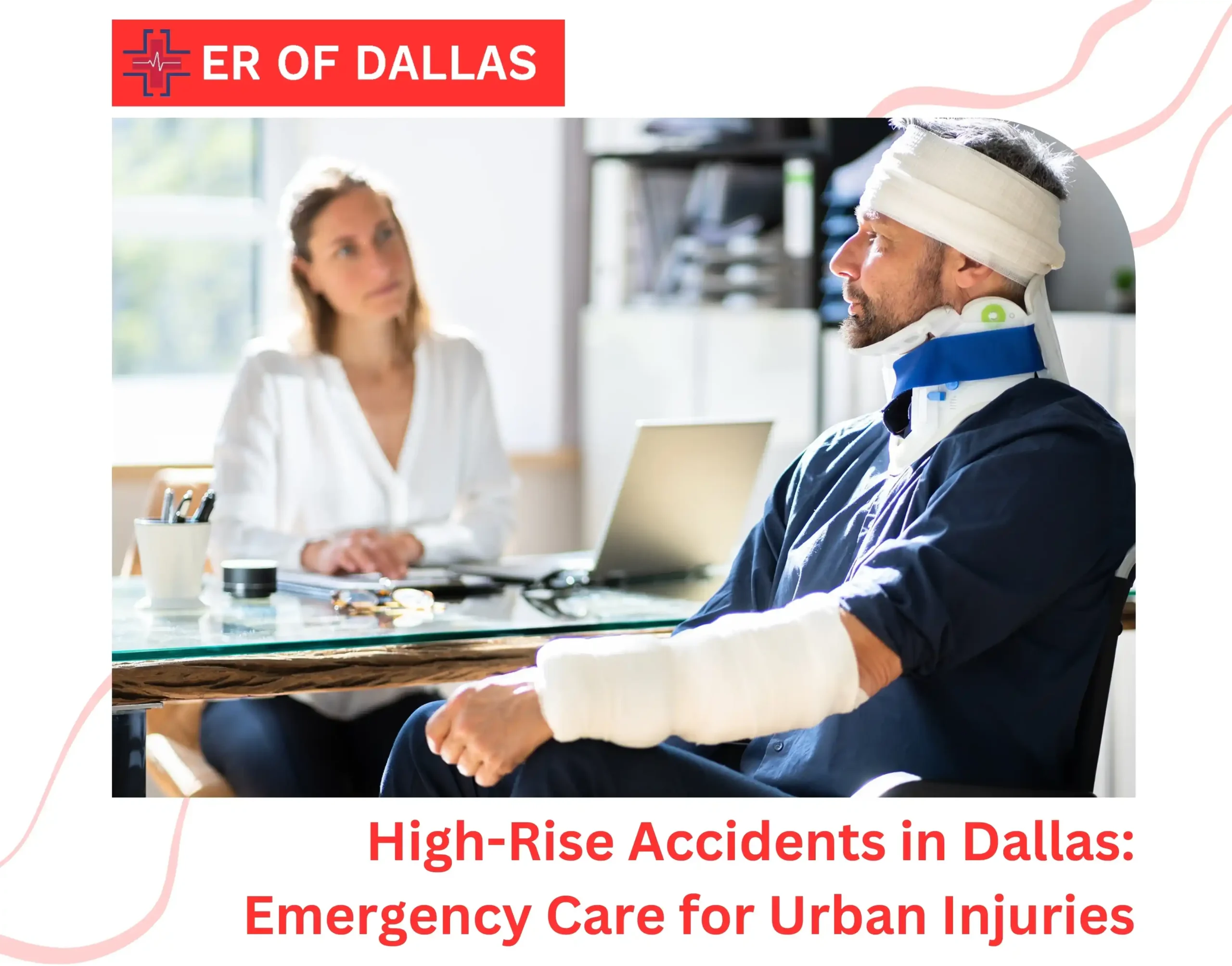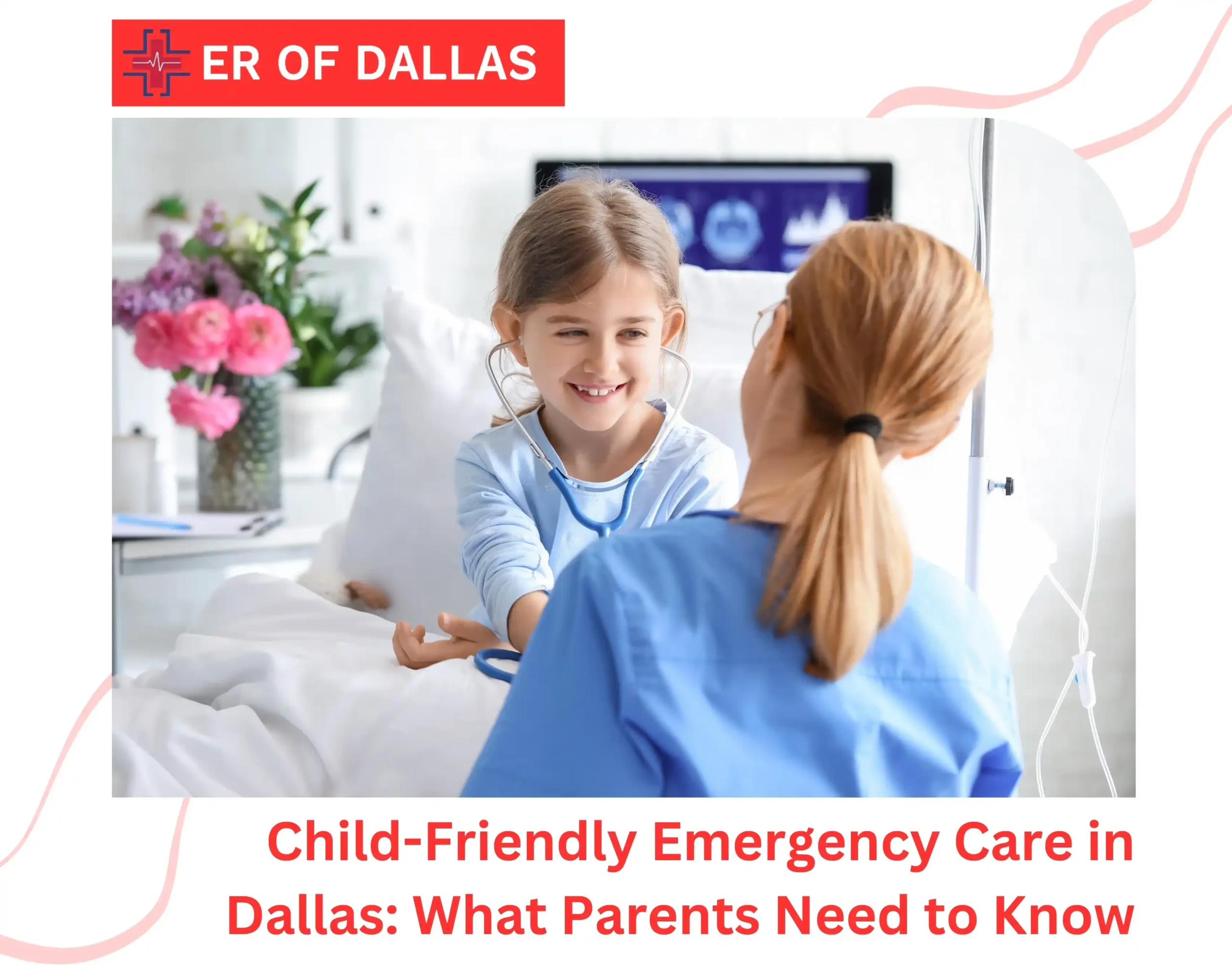Emergency rooms, often referred to as ERs, play a vital role in the healthcare system. They are there for us when we face unexpected medical crises. However, there are several common myths and misconceptions about emergency rooms that need debunking. In this article, we will explore these myths and provide a clearer understanding of the role that emergency rooms play in our healthcare system.
Understanding the Role of Emergency Rooms
Before we delve into debunking these myths, it’s important to understand the primary function of emergency rooms. ERs are designed to provide immediate medical care to individuals with severe injuries or acute illnesses. They operate 24/7, ensuring that medical attention is always available in times of crisis.
Myth 1: Emergency Rooms Are Only for Life-Threatening Emergencies
One of the most prevalent myths is that you should only go to the ER if you’re experiencing a life-threatening emergency. In reality, ERs cater to a wide range of medical issues, from broken bones and severe infections to chest pain and breathing difficulties. It’s not just about life or death situations; it’s about addressing urgent medical needs promptly.
Myth 2: ERs Are Inefficient and Slow
Another common misconception is that ERs are slow and inefficient. While waiting times can vary, ERs prioritize patients based on the severity of their condition. This ensures that the most critical cases are attended to immediately, and less urgent cases may require some patience.
Myth 3: ERs Are Too Expensive
The perception that ER care is prohibitively expensive often keeps people from seeking help. The truth is that ERs are legally required to provide treatment, regardless of a patient’s ability to pay. While costs can be high, financial assistance programs and insurance coverage are available to help individuals manage these expenses.
Myth 4: You Need Insurance to Access Emergency Care
Contrary to popular belief, you don’t need insurance to access emergency care. ERs provide medical attention first and deal with payment later. However, having insurance can be beneficial for managing costs and post-ER care.
Myth 5: ERs Are Unnecessary for Children
Some people believe that children should only be taken to pediatricians, even in emergencies. ERs have trained staff and resources to handle pediatric emergencies, and they play a crucial role in ensuring the well-being of children in critical situations.
Myth 6: ERs Don’t Provide Quality Care
ERs are staffed by highly trained medical professionals who are equipped to handle emergencies efficiently. They adhere to strict standards of care, making them a reliable choice when immediate medical attention is required.
Myth 7: ERs Are Always Crowded
While ERs can get busy, not all visits result in long waits. Triage systems ensure that the most severe cases are addressed promptly, maintaining a balance between efficiency and quality care.
The Importance of Timely ER Visits
Prompt visits to the ER can make a significant difference in medical outcomes. Delays in seeking emergency care can worsen conditions and lead to complications.
Myth 8: Primary Care Physicians Can Handle All Emergencies
Primary care physicians are essential for routine medical needs, but they are not equipped to handle urgent situations. ERs are designed to provide specialized emergency care.
Myth 9: ERs Are a Last Resort
Emergency rooms are not just a last resort; they are a crucial part of the healthcare system. Seeking timely medical attention can prevent conditions from deteriorating.
Myth 10: ERs Are Unfriendly Places
ER staff is dedicated to saving lives and providing care with compassion. They understand the stress and anxiety that come with emergencies and are committed to offering support and comfort.
Myth 11Debunking the Myths: Real-World Scenarios
To illustrate the importance of ERs, let’s consider real-world scenarios where timely ER visits made a significant difference in patient outcomes. These stories emphasize the critical role that emergency rooms play in saving lives and preserving health.
Conclusion
Emergency rooms are indispensable in our healthcare system, and the myths surrounding them can deter people from seeking timely care. By debunking these myths and emphasizing the vital role of ERs, we hope to encourage individuals to prioritize their health and well-being.
FAQs
Q: Are emergency rooms only for life-threatening emergencies?
No, emergency rooms address a wide range of urgent medical needs, not just life-threatening situations.
Q: How can I manage the cost of ER care without insurance?
ERs provide care regardless of insurance, and financial assistance programs are available to help manage costs.
Q: Can children go to the emergency room in case of a medical crisis?
Yes, ERs are equipped to handle pediatric emergencies and play a crucial role in child healthcare.
Q: Are ERs crowded all the time?
ERs can get busy, but triage systems ensure that the most severe cases receive immediate attention.
Q: Are primary care physicians a suitable alternative to the ER in emergencies?
Primary care physicians are essential for routine care, but for urgent medical needs, the ER is the best option.



